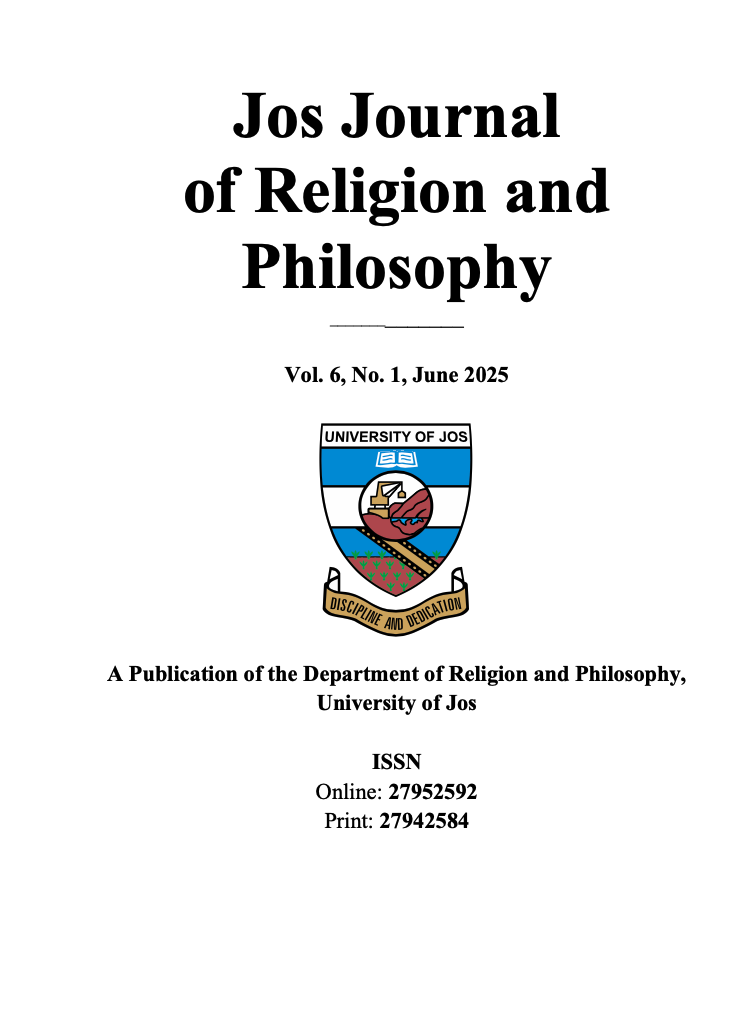RE-INTERPRETING DEUTERONOMY 24:7 IN THE CONTEXT OF NIGERIA’S LEGAL FRAMEWORK ON KIDNAPPING AND RITUAL KILLINGS
Résumé
This paper is an attempt to interpret Deuteronomy 24:7 in the context of kidnapping and ritual killings, which have become a growing concern in Nigeria, posing significant threats to security, human rights, and social stability. The rise in these crimes reflects deep-seated socio-economic issues, including poverty, unemployment, and weak law enforcement. Previous works have reviewed Nigerian legal frameworks, such as the Anti-Kidnapping Laws and the Criminal Code, which seek to address these crimes, but enforcement remains a challenge. Despite all efforts, crimes continue to thrive, undermining national security and human dignity. However, little attention was paid to the applicability of the principles in Deuteronomy 24:7 to Nigeria's current legal and social context by analysing the scriptural condemnation of kidnapping and its prescribed severe penalties, can inform and strengthen Nigeria's legal frameworks to combat the intertwined issues of abduction and ritualistic killings. The paper was grounded in the restorative justice framework, which advocates a justice system that restores relationships rather than simply punishes offenders, in line with Nigeria’s legal framework and aligns with biblical injunctions on Kidnapping and ritual killings in Nigeria. The paper discovered that the Hebrew terms "ganab" (to steal) and "nephesh" (soul/person) highlight the gravity of stealing a human being. The Bible presents a moral and legal foundation that aligns with the need for stricter and ethically grounded responses to kidnapping in modern Nigeria. It was discovered that some states impose the death penalty, others rely on life imprisonment, and implementation remains weak due to corruption, poor investigation, and societal complicity. The study therefore concludes and recommends the necessity for stringent legal measures, robust law enforcement, and community engagement to address and eradicate these heinous practices, thereby promoting social justice and restoring public trust in Nigeria's legal institutions.


